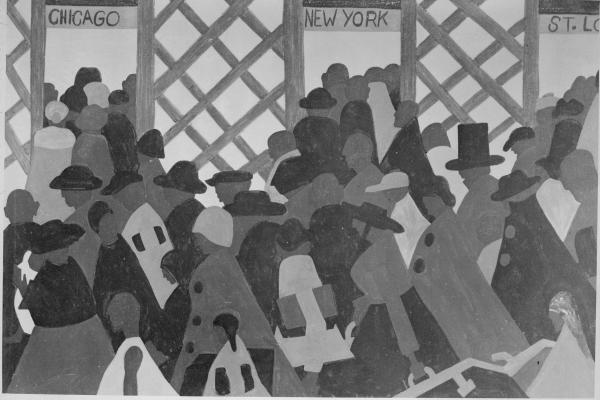Sep 26, 2019
Much like Isaac from the book of Genesis, I am the son of a family seemingly destined to transience.
Read the Full Article

Already a subscriber? Login

Much like Isaac from the book of Genesis, I am the son of a family seemingly destined to transience.
